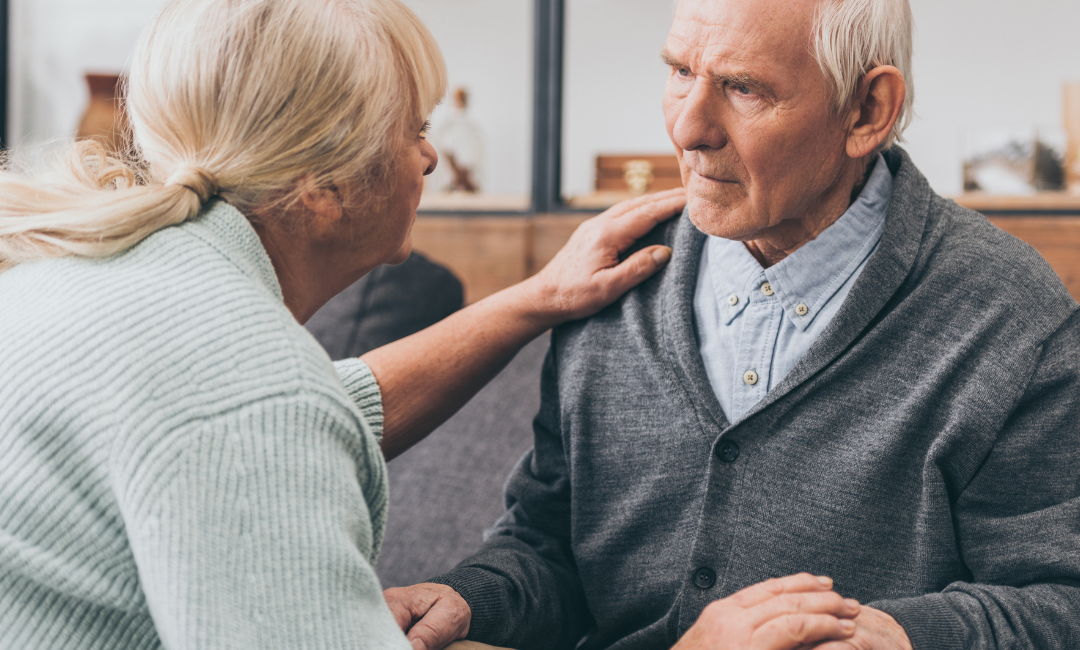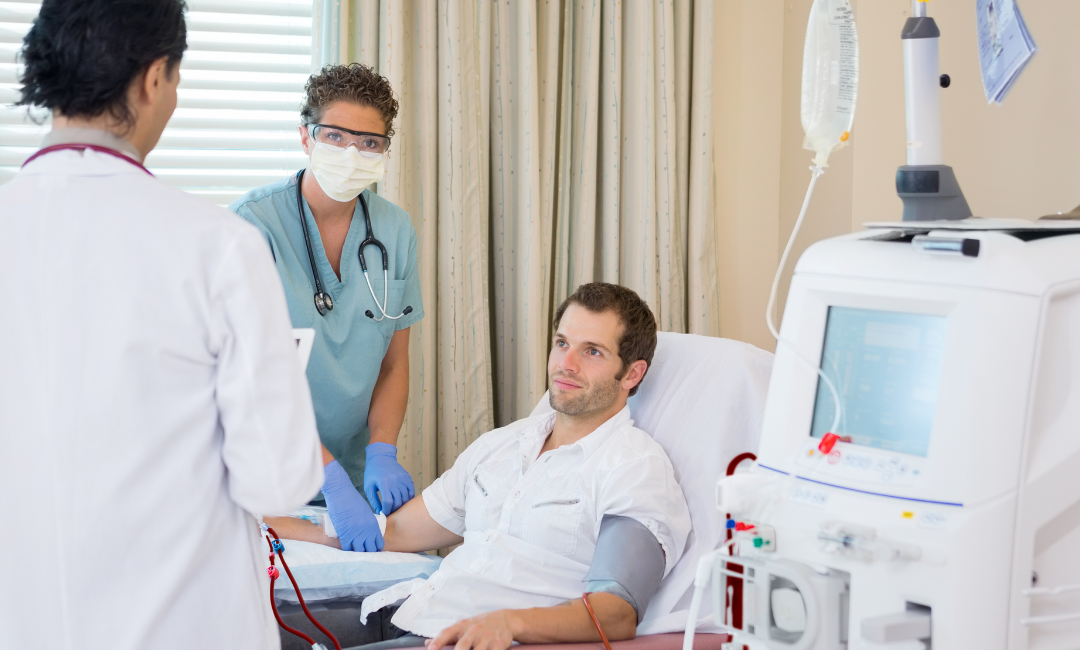Hormone Receptor Status
Treatment for breast cancer varies widely, but a huge part of what drives therapy is the hormone receptor status of Estrogen (ER), Progesterone (PR), and Hormonal Epidermal Growth Factor Receptor 2 (HER2). These are naturally occurring hormones in the body that certain breast cancers use as their source of growth. If an individual with breast cancer is positive for any or all of these receptors, hormone therapy can be used.
Hormone therapy for breast cancer is used to either slow or stop the growth of hormone sensitive tumors. This can be done by either stopping the body from producing these hormones or by interfering with the hormones’ ability to attach to the cancer receptors.
For example, the ovaries serve as the body’s main source of estrogen. For patients with ER+ breast cancer, an option to stop the body from producing estrogen is removing the ovaries – called an oophorectomy. Another option is using gonadotropin-releasing hormones (GnRH) agonists which interfere with the signals that tell the ovaries to produce estrogen. Examples of GnRH agonists include Zoladex and Lupron.
Aromatase Inhibitors
Another option is using aromatase inhibitors. Aromatase is an enzyme that helps make estrogen in the ovaries and other tissues. When inhibited, it blocks the body from being able to make estrogen. However, an important consideration with aromatase inhibitors is that it is used the most, and effective, in postmenopausal women. Premenopausal women make too much estrogen for the body to block it effectively. Examples of aromatase inhibitors include Arimidex, Femara, and Aromasin. Arimidex and Femara both temporarily inactivate aromatase, whereas Aromasin permanently inactivates aromatase.
Another common drug used to treat patients with hormone sensitive breast cancer is tamoxifen. Tamoxifen binds to estrogen receptors, which prevent the estrogen from binding with the cancer cells. Therefore, estrogen cannot aid in the growth of cancer cells, causing them to die.
Side effects of hormone therapy are common to the side effects that women experience during menopause – including heat flashes, night sweats and vaginal dryness. Another side effect that is seen less commonly is decreased ejection fraction. However, due to the possibility of this while on hormone therapy, patients will get a MUGA or ECHO every three months while on therapy.
Hormone positive breast cancers have lots of different treatment options, including hormone therapy, chemotherapy, radiation, surgery, and other options. However, not all breast cancers are hormone sensitive.
When a breast cancer is not hormone sensitive, meaning there are no estrogen, progesterone, or hormonal epidermal growth factor receptors present, this is called triple-negative breast cancer. Triple-negative breast cancer tends to be much more aggressive than hormone sensitive breast cancers. It is not as responsive to treatment, can metastasize quicker, and has a higher risk of reoccurrence. Triple-negative breast cancer cannot be treated with hormone therapy because it will be ineffective.
Triple-negative breast cancers will almost always need to be treated with chemotherapy; however, chemotherapy is not the only option. Depending on when the tumor is caught, chemotherapy can be used to shrink the tumor to make it resectable. Radiation can also be used as neoadjuvant therapy.
If the tumor is caught before it has spread to other parts of the body, surgery can be done followed by chemotherapy with an oral drug called Olaparib. Surgery removes the tumor while the chemotherapies are given to ensure that no cancer cells are left in the body.
If the tumor was caught when it had already spread to other parts of the body, chemotherapy will be the mainstay of treatment. Chemotherapy options used to treat triple-negative breast cancer include gemcitabine, docetaxel, paclitaxel, and Taxotere. When a cancer is not sensitive to hormones, mutations are looked at closely to see if there are drugs available for that mutation. For example, cancers that are BRCA positive can use drugs like cisplatin and carboplatin.









